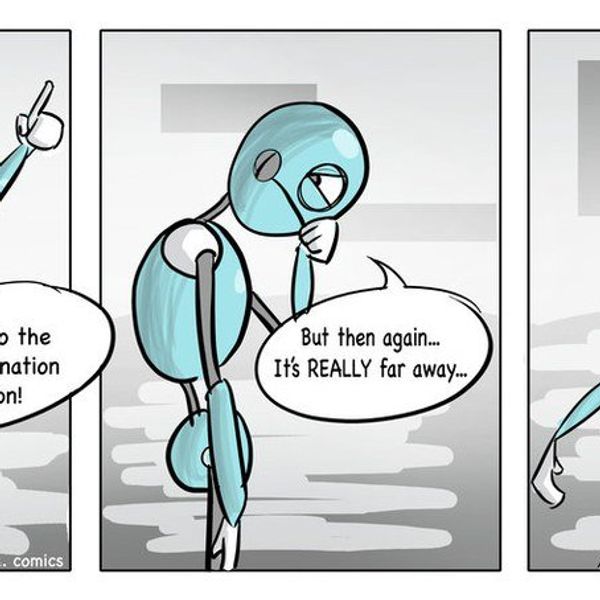In July 1999, a writer named Chris Baty and 21 others decided to challenge themselves to write a novel in a month. The next year, the month was changed to November and there were over 100 more participants. In 2001, while Baty expected only a few more participants than the last year, a massive 5,000 decided to sign up for the challenge. Since then, every November has been known to many as National Novel Writing Month (NaNoWriMo for short).
Today, over a half-a-million people decide to challenge themselves to write a novel in 30 days. In order to have a clear definition of what "a novel" means, participants are asked to write an all-original, fiction book of at least 50,000 words (some planning may be done before November), in the month of November. If one manages to complete this goal, they are declared a winner. However, the contest more or less works on an honor system, for to be declared a winner (by the NaNoWriMo website), one simply needs to insert a block of text of at least 50,000 words. If they do this, they become a verified winner.
Now this challenge seems very interesting and exciting at first, many problems soon come up. One of them is: Can one really write a good novel in a month? The answer of course depends of many circumstances, but the simple answer is: probably no. Chances are a 50,000 word novel hastily written in the length of a month will be a mess, and that doesn't just refer to grammar, spelling, and punctuation. Chances are the story will be flawed, the text will have an uneven flow, and it may even just seem to be nonsense. However, the challenge still has a significant amount of value.
One of the biggest challenges when it comes to writing is just getting more than just a few words onto the page. The one thing that this challenge does, it gets people to write. One participating will do the math and realize they need to write at least 1,667 words a day (on average) to even make the word count. By doing this, they will push aside the common worries that would make one struggle to start writing and take the most important step: writing.
Most people that decide to challenge themselves to write a novel in a month are not necessarily serious about writing and many may never even try to actually become a serious writer, but that also doesn't take away the value of the challenge. For it is really the spirit of NaNoWriMo that matters. If someone can say to themselves, "I am going to write a novel in a month." Then they write that novel (no matter how unfinished it is). They will have set a rather difficult goal and met that goal. In a world where people often won't follow through on their goals and challenges, the confidence that will be gained from following through would change anyone.




















